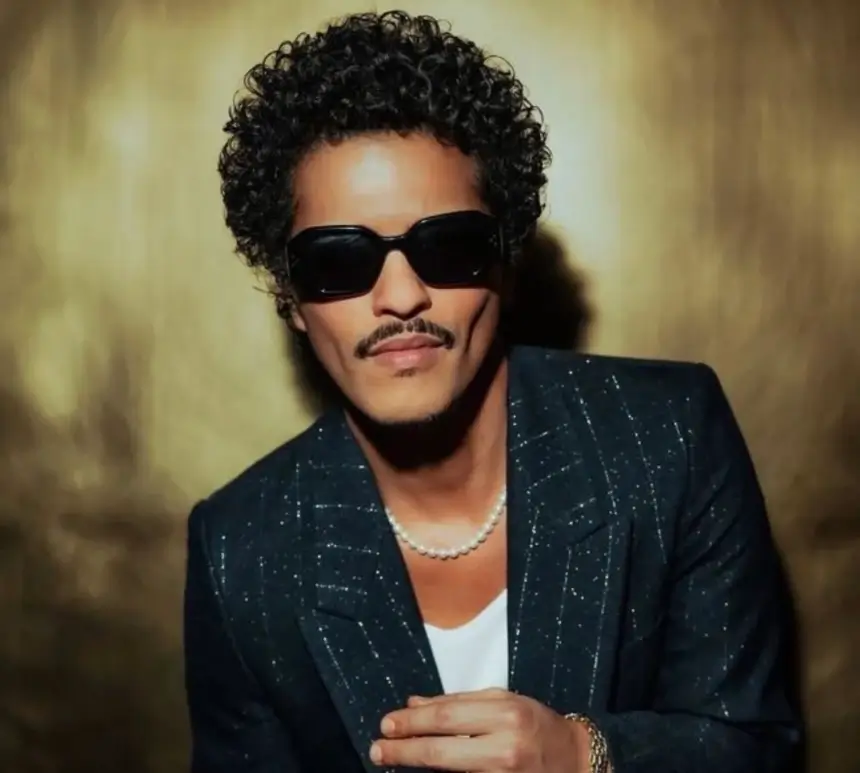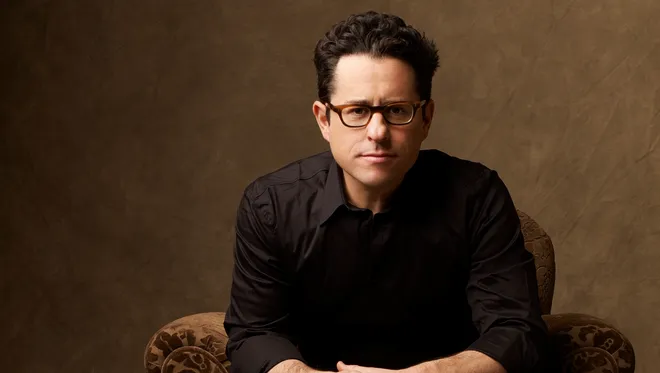Matthew McConaughey has always been a storyteller first. From his early turns in Dazed and Confused to his Oscar-winning role in Dallas Buyers Club and his philosophical monologues in True Detective, his voice has long been his signature instrument—calm, rhythmic, and unmistakably human. Now, that same voice is stepping into a new medium: artificial intelligence.
In partnering with ElevenLabs to create an officially licensed AI-generated version of his voice, McConaughey isn’t just licensing a sound. He’s reframing what authorship means in the digital era—turning voice into a scalable, multilingual narrative tool that still feels personal, intimate, and distinctly “him.”
new
McConaughey’s converge with ElevenLabs arrives at a pivotal moment. As deepfakes and synthetic media challenge authenticity, he’s taking the opposite route—embracing AI, but on his own terms. The deal allows ElevenLabs to build a synthetic version of his voice that can be used across approved applications, from content creation and localization to narration. Crucially, the partnership is rooted in consent and creative control.
Rather than treating AI as a threat, McConaughey positions it as an amplifier—a way to reach more people without diluting his essence. His “Lyrics of Livin’” newsletter will be among the first to test this, launching a Spanish-language edition read entirely in an AI-generated version of his voice. The move expands his storytelling beyond English-speaking audiences, underscoring the potential for technology to break linguistic barriers without losing emotional texture.
For McConaughey, this isn’t just about convenience. It’s about continuity. His voice, in essence, becomes a legacy artifact—something that can live on and evolve even when he isn’t in the booth.
delivery
Few voices in American cinema are as instantly recognizable as McConaughey’s. Warm, slightly gravelly, and rhythmically deliberate, it carries a blend of Southern comfort and philosophical ease. His drawl has become part of pop culture shorthand—imitated endlessly, yet impossible to replicate authentically.
That’s precisely what makes this deal so intriguing. ElevenLabs isn’t cloning McConaughey in secret; it’s partnering with him to preserve his tonality in the way an artist might preserve brushstrokes. The company’s AI model learns not just timbre but cadence, inflection, and emotional color—the hallmarks of his delivery. When that model speaks, it doesn’t merely sound like McConaughey; it moves like him.
This is where artistry meets engineering. For decades, voice acting and dubbing have relied on human approximation. Now, with AI rendering exact replicas, the ethics of consent and ownership become paramount. By signing an official deal, McConaughey reclaims agency in a landscape that’s otherwise ripe for misuse.
theme
McConaughey’s deal with ElevenLabs extends beyond entertainment—it’s a statement about creative ownership in the age of replication. As synthetic voices proliferate, performers face the risk of being imitated without permission. McConaughey’s proactive step establishes a precedent: partnering instead of confrontation.
It also hints at a broader industry shift. Imagine an audiobook narrated in McConaughey’s voice, translated into five languages with the utmost uniqueness through emotional fidelity. Further, an educational platform using his tone to teach English idioms in Brazil or Japan. The possibilities are both vast and intimate. What used to require countless studio hours can now happen algorithmically—but under a moral framework that keeps the artist at the center.
This partnership blurs the line between the personal and the programmable. McConaughey’s ethos—rooted in authenticity and the human experience—now meets a technology built on simulation. Yet, the underlying mission remains consistent: to connect.
idea
Unlike many Hollywood figures who approach AI with suspicion, McConaughey treats it as a creative partner rather than an adversary. In interviews surrounding the ElevenLabs flow, he emphasized storytelling as a universal human need—and technology as one of its evolving tools. His willingness to experiment reflects both entrepreneurial instinct and cultural ambition.
McConaughey has spent years expanding his brand beyond acting—through his memoir Greenlights, his production ventures, and his digital storytelling projects. Partnering with ElevenLabs feels like a continuation of that arc: not a departure from cinema, but an expansion into a transmedia space where his voice, quite literally, travels farther.
There’s a subtle irony in the move, too. McConaughey, whose public persona often leans into spontaneity—the “alright, alright, alright” ethos of living in the moment—is now lending his spontaneity to a technology defined by predictability. Yet that tension, between the organic and the engineered, is what makes the collaboration artistically rich.
moral
The significance of this deal extends beyond McConaughey himself. As AI continues to evolve, questions about the rights to one’s likeness and voice grow more pressing. ElevenLabs’ new Iconic Voice Marketplace—launched in tandem with its celebrity collabs—positions itself as an ethical licensing hub where performers control how their digital selves are used.
McConaughey’s involvement gives the initiative moral weight. It signals that AI voice replication can be ethical, provided artists could participate in shaping its terms.
fin
At first glance, a celebrity licensing their voice to an AI firm might seem like another novelty in tech’s endless churn. But McConaughey’s decision carries an emotional undercurrent. It’s not about automation—it’s about amplification. His partnership with ElevenLabs reframes AI as a continuity device, one that keeps the human essence audible even as media evolves.
In doing so, McConaughey invites audiences to consider a larger question: What does it mean for a voice to live forever? Perhaps, as he might put it, it’s just another greenlight on the road of creative evolution—a way of staying alright, alright, alright with the future.
No comments yet.








